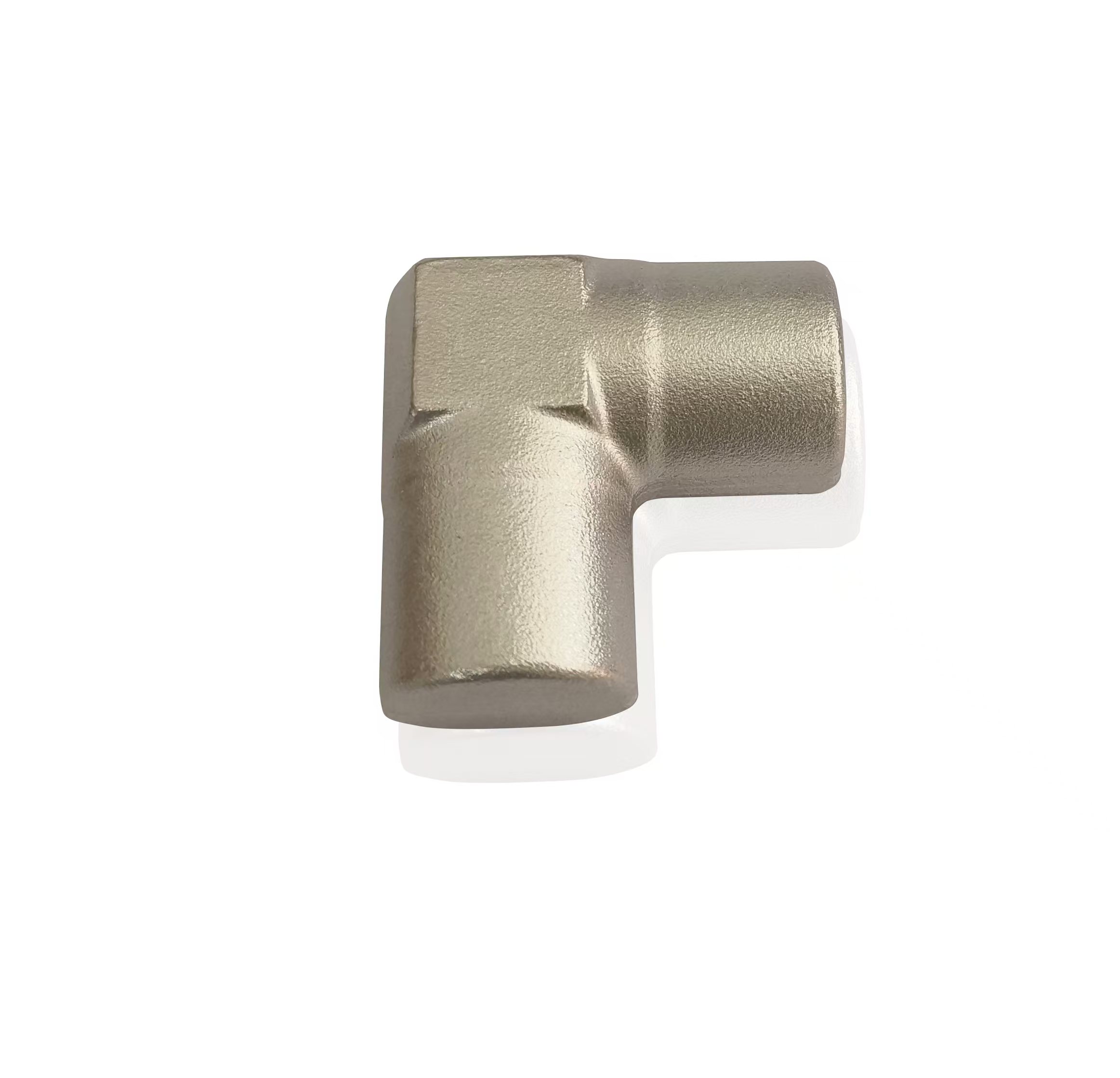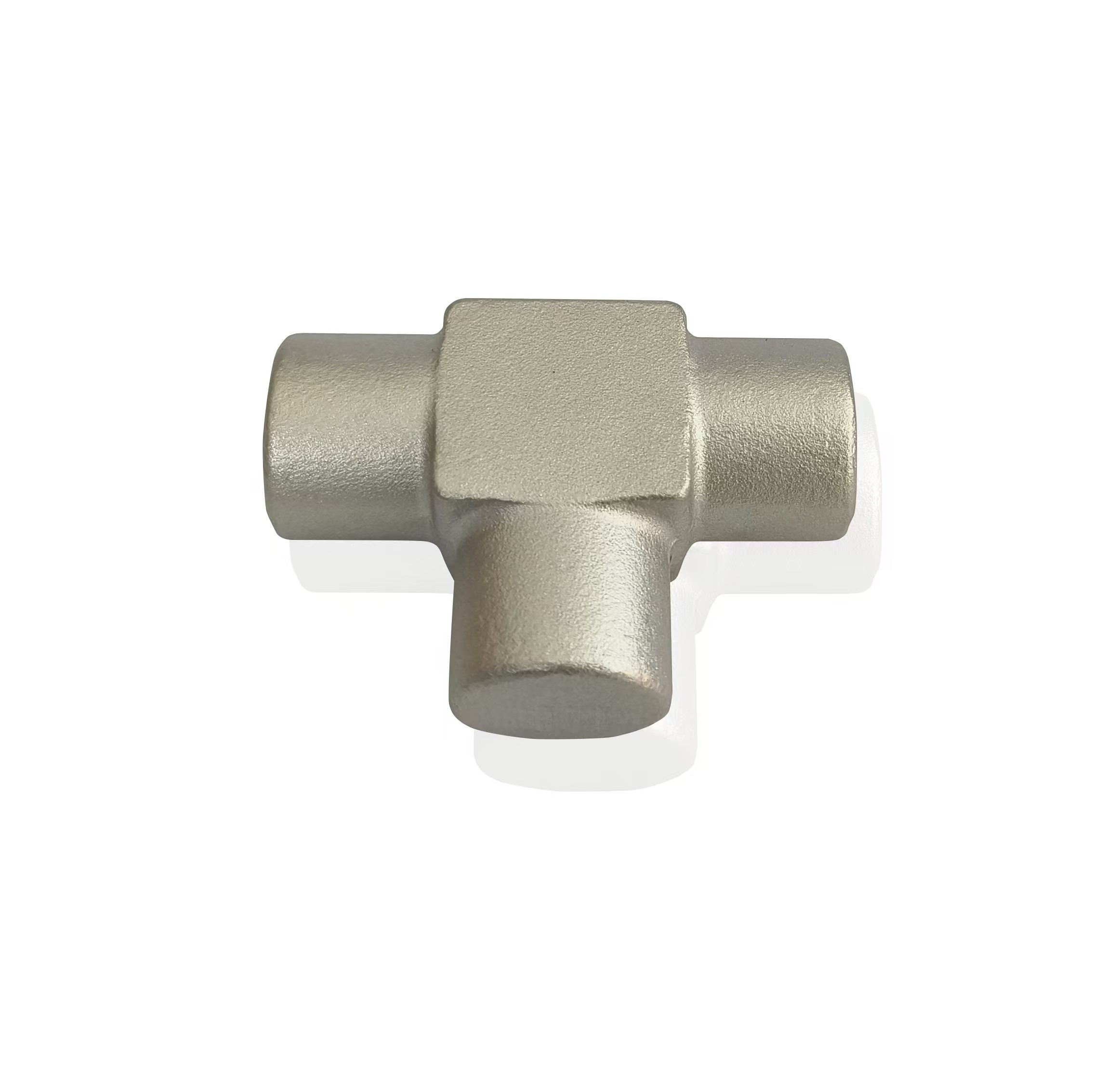How does the lock jaw contribute to the overall safety of heavy-duty truck operations?
 2024.06.24
2024.06.24
 Industry news
Industry news
The lock jaw is a critical component that significantly enhances the overall safety of heavy-duty truck operations through several key contributions:
1. Secure Connection
The primary role of the fifth wheel lock jaw is to securely grip the trailer's kingpin onto the fifth wheel of the tractor. This secure connection is fundamental as it prevents the trailer from unintentionally detaching during transit. A properly engaged lock jaw ensures that the tractor and trailer remain firmly coupled, reducing the risk of accidents caused by trailer separation.
2. Stability During Maneuvers
Heavy-duty trucks often encounter challenging road conditions and require precise maneuverability. The grip provided by the lock jaw minimizes movement between the tractor and trailer, enhancing stability. This stability is crucial during turns, accelerations, and sudden stops, where a secure connection prevents jackknifing and loss of control.

3. Prevention of Trailer Sway
Trailer sway can occur due to wind gusts, uneven road surfaces, or improper weight distribution. The firm grip of the lock jaw helps dampen and control trailer sway, maintaining the truck's stability and reducing the risk of accidents or rollovers.
4. Built-in Safety Features
Modern lock jaws often include safety features such as visual indicators or mechanical locks that confirm proper engagement. These features provide assurance to the driver that the coupling is secure before proceeding with the journey, minimizing the chance of human error in verifying the connection.
5. Redundancy and Reliability
The design of lock jaws emphasizes reliability under extreme conditions. They are constructed from durable materials and engineered to withstand the dynamic forces encountered during heavy-duty truck operations. This reliability reduces the likelihood of mechanical failures that could compromise safety on the road.
6. Compliance with Standards
fifth wheel lock jaws are manufactured to meet stringent safety standards and regulations specific to the transportation industry. These standards ensure that lock jaws undergo rigorous testing for strength, durability, and reliability. Compliance with these standards enhances overall safety by providing assurance that the equipment meets or exceeds industry safety benchmarks.




















